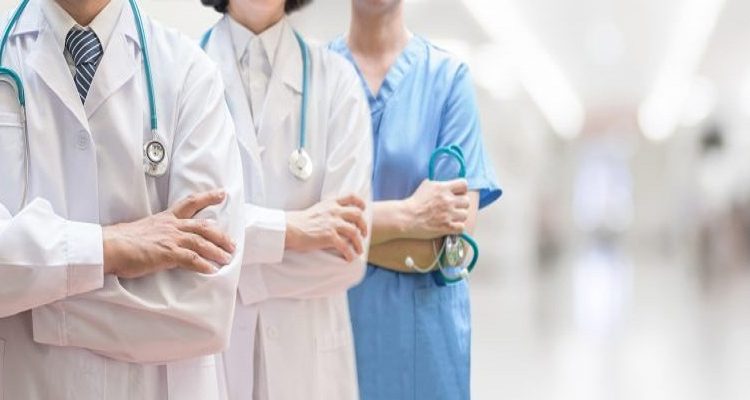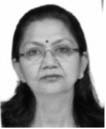


The onset of Covid-19 exposed the sad reality of the status of health-related knowledge and infrastructure in the world. But it also made people more aware and inclined towards alternative medicine practices which proved to be quite effective during those harsh times. One of these practices is homeopathy, which is a very simple, effective, inexpensive and scientific alternative medical practice. There are a lot of examples of influential people and their close ones who have benefitted from this medium. The irony then is the lack of encouragement and promotion of such an effective method.
It’s only natural to wonder why – in spite of the expansion of health services and its financial impact on public and personal domains – is there no solutions being given to reduce this expenditure? Worldwide Covid-19 pandemic has already proven the success and accessibility of alternative medicine, especially homeopathy.
Public welfare has been working to transform the right to health into a fundamental right the same way education has become a fundamental right. Free treatments, medicines, check-ups, etc. not only become a financial burden on the economy of the state, but also on a common man. Although AYUSH Department discusses in detail these alternative medical practices, it has turned out to be insufficient given the situation and there is a lot more that needs to be done.
The expansion of health services and its financial burden cannot be left to “the principle of demand and supply” and the capitalistic “survival of the best in the market”. Presently, the major part of the health market/services is occupied by the mainstream allopathic medicine practices. Although this practice is greatly profitable to the beneficiaries of allopathy, but the policy makers should keep in mind to adopt alternative practices that are equally as beneficial and would additionally lessen the financial burden of health services.
The current structure of medical and health services is so unidirectional that it is extremely difficult for any other medical practices to survive the competition. Thus the common man is forced to consider allopathic medicine as the only way out. Thus a multidimensional approach to encourage and promote alternative medical practices needs to be adopted.
We are taught about health, healthy lifestyle and medicine from a young age but the current curriculum, education system and health education focuses solely on allopathy. If we actually want to promote alternative medical practices, provide the common man with a better health environment and reduce the burden on our economy, then the education curriculum needs to adopt the entirety of alternative medicine practices. The coming generations deserve to know all the health and medical options available to them that are just as effective.
The basic structure of our health system, which is spread to every corner of every village, along with all its health workers, only discuss allopathic medicine. These health workers also need to be taught about the basics of alternative medicine, that can prove to be useful just the way certain important allopathic medicines are. It will hence help spread awareness of alternative medicine to the common man as well.
Undergraduate, postgraduate and specialised curriculum of alternative medicine is still influenced by allopathic medicine, despite each health practice having different principles. Thus there is a need to revise the current curriculum and implement one with a new perspective. Awareness towards alternative medicine practices can be spread through campaigns in the same way the state governments spread awareness for seasonal and other diseases. Similarly, advertising, broadcasting and publicity can also be leveraged to bring attention to alternative medicine as effective health solutions.
Covid-19 pandemic has faltered public’s trust in mainstream medical practices. Homeopathy being a scientific and logical solution to this problem can leverage maximum advantage of this situation. It’s important that on the occasion of “Hahnemann Day”, that all homeopathic practitioners come together committed for this cause. The first step to this is for all homeopathic practitioners to have faith in the principles of their medical practice.
The next important thing here is for all the homeopathic practitioners to come together with the feeling of brotherhood and make the most impact with their unity towards the cause. They need to share their knowledge and experiences with each other to establish homeopathy as a major health practice.
It is also important that they make the patients aware about the benefits of this practice. If the treatment is made transparently and openly by educating the patient, the practitioners are more likely to gain the trust and commitment of the patient. The patient is more likely to recommend these practices and advocate for the cause. The time has come for homeopathy medicine to earn the spot that it deserves in the health system.

The author is the Director of Usha, Advocate Organization for the Campaign for Universalization of Homeopathy